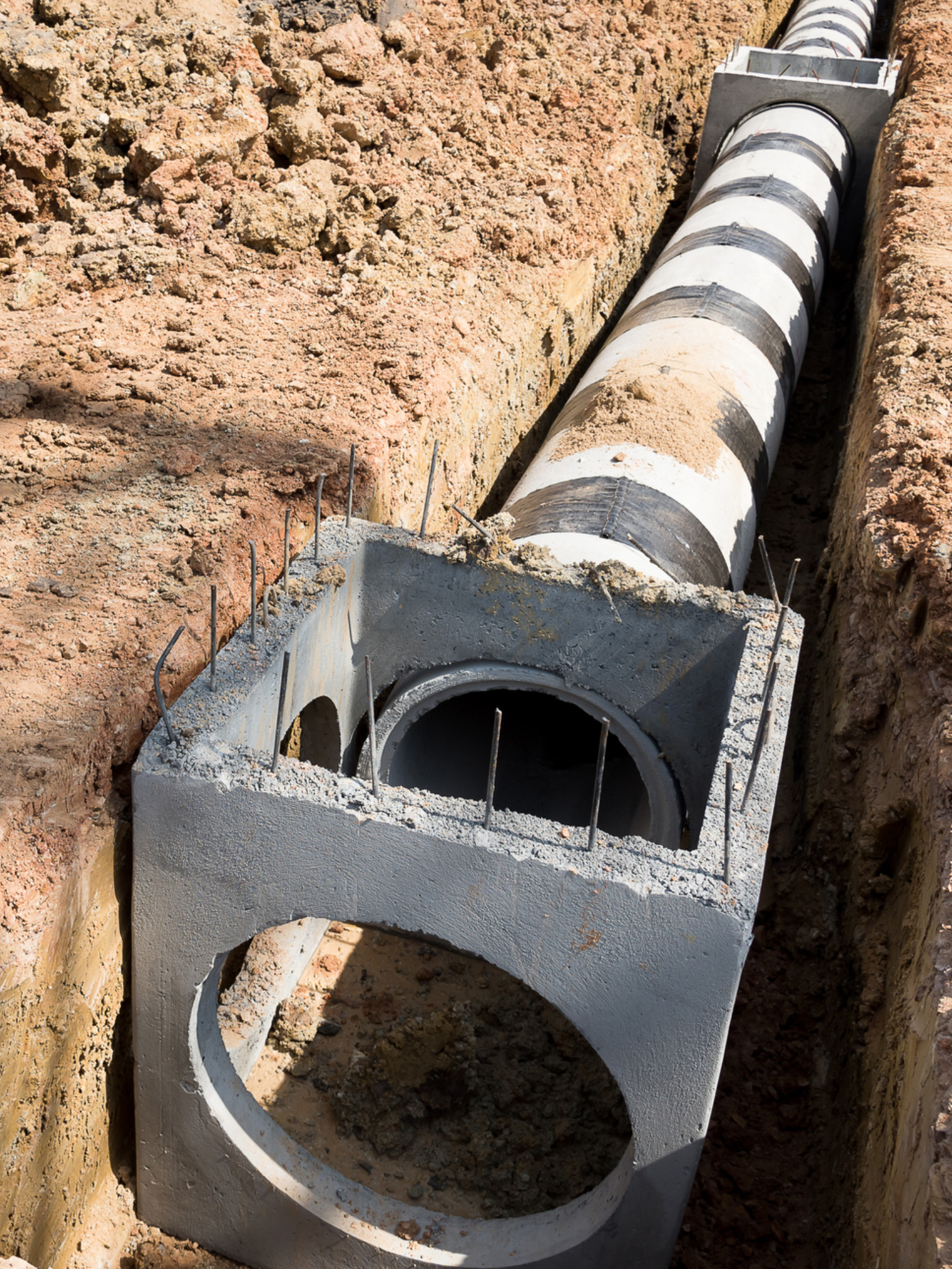Residential Excavating Ohio - Specialized Excavation for Ohio Residences
Residential Excavating Ohio - Specialized Excavation for Ohio Residences
Blog Article
Comprehensive Excavation Methods: Mastering the Principles for Success
In the world of construction and civil design, the significance of effective excavation techniques can not be overemphasized. The mindful preparation, specific implementation, and precise focus to detail called for in excavation jobs demand an extensive method that incorporates different basic elements. From first soil analysis to the implementation of security steps and regular development tracking, grasping these core elements is necessary for accomplishing success in any excavation venture. Nonetheless, real proficiency lies not just in understanding these principles however in seamlessly incorporating them to browse the complexities of excavation jobs with skill.
Recognizing Excavation Job Preparation

Effective excavation tasks are improved the foundation of meticulous and thorough preparation. The preliminary phase of any excavation job is the drawing board, where vital choices are made that can considerably impact the end result of the project. Throughout this phase, it is important to gather all appropriate details about the website, consisting of topographical surveys, soil make-up, and any prospective threats that might exist. Understanding the task timeline, spending plan, and range constraints is crucial for developing a thorough excavation strategy that ensures the project's success.
One secret facet of excavation project preparation is the growth of a thorough timeline that lays out the sequence of target dates, tasks, and landmarks. By meticulously taking into consideration all these aspects throughout the preparation phase, excavation tasks can be performed effectively and properly, leading to successful end results - dump truck companies in ohio.
Dirt Evaluation and Site Examination
Conducting comprehensive soil analysis and website analysis is a critical action in the prep work phase of any kind of excavation project. Soil evaluation entails figuring out the make-up, structure, and residential properties of the soil at the excavation site. This details is critical for understanding the dirt's bearing ability, dampness material, and capacity for disintegration, which are essential consider establishing the excavation techniques and devices required for the project.
Site evaluation exceeds soil evaluation and encompasses a broader analysis of the overall website conditions. This assessment includes identifying any type of prospective hazards, such as below ground energies, ecological issues, or unstable terrain, that can impact the excavation procedure. By thoroughly assessing the site, job managers can develop effective excavation techniques that prioritize safety, effectiveness, and environmental management.
Utilizing innovative innovations like ground-penetrating radar, dirt tasting, and drone studies can boost the accuracy and efficiency of soil analysis and website examination. Spending time and sources in these preliminary actions can ultimately save time and stop pricey hold-ups or issues during the excavation procedure.
Tools Choice and Application
Reliable excavation projects rely heavily on calculated tools choice and use to guarantee optimum performance and performance. Picking the ideal devices for the job is crucial in optimizing effectiveness and reducing downtime. Elements such as the sort of dirt, deepness of excavation, and task range play a significant function in identifying one of the most appropriate tools for the job available.

In addition to selecting the proper devices, correct usage is essential to job success. Operators needs to be educated to handle the equipment securely and successfully - lancaster trenching. Routine upkeep checks and timely fixings help avoid breakdowns and make sure consistent efficiency throughout the task
Precaution and Rules Compliance
In the realm of excavation jobs, focusing on safety steps and compliance with regulations is vital to making certain a legally sound and safe operational atmosphere. Precaution include a range of practices, consisting of conducting extensive website assessments, applying proper signs and obstacles, and giving appropriate security training for all workers associated with the excavation procedure. Adherence to regulations, such as OSHA demands in the United States, makes sure that the excavation project meets the required standards to secure workers, spectators, and the surrounding environment.

Monitoring Development and Adjusting Approaches
How can forecast managers efficiently track the innovation of excavation tasks and adapt their strategies as necessary to maximize outcomes? Monitoring progression is important for making certain that excavation projects stay on track and fulfill due dates.

Conclusion
Finally, mastering the principles of thorough excavation techniques is vital for the success of any type of job. By this page understanding job preparation, assessing soil and site problems, picking ideal equipment, abiding by safety and security policies, and checking progress, job managers can guarantee a efficient and smooth excavation procedure. Carrying out these techniques will certainly result in successful end results and reduce potential risks or problems throughout the excavation project.
The initial phase of any kind of excavation project is the planning stage, where vital decisions are made that can dramatically impact the outcome of the job. Comprehending the job range, timeline, and budget plan restraints is vital for producing a detailed excavation strategy that ensures the project's success.
Just how can predict supervisors properly track the development of excavation jobs and adapt their strategies appropriately to optimize results? By carefully monitoring progression and being ready to adapt techniques, job supervisors can boost the overall success of excavation projects.
By understanding project planning, assessing soil and site conditions, selecting suitable equipment, complying with safety and security regulations, and keeping track of development, job supervisors can make sure a smooth and reliable excavation procedure.
Report this page